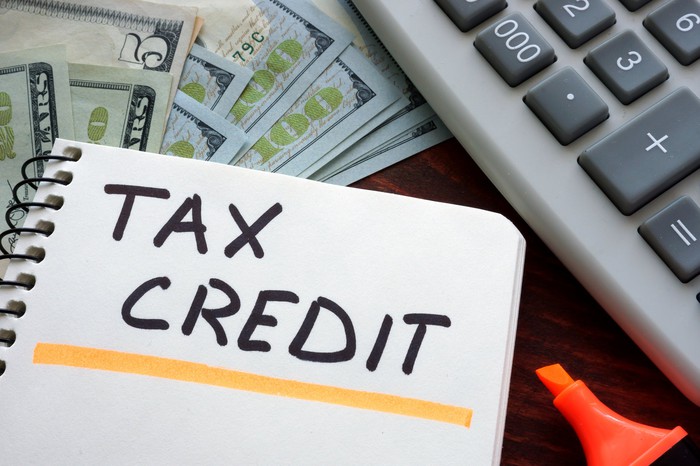Mobile telecommunications giant, Globacom, has offered to reconstruct the 64 km Ota-Idiroko road in 2022, using Federal Government’s Tax Credit Scheme.
The Minister of Works and Housing, Mr. Babatunde Fashola, announced this on Wednesday during an inspection tour of the ongoing reconstruction of the Lagos-Ibadan Expressway.
“From Ota to Idiroko, we don’t have a contract there, but Chief Mike Adenuga of Globacom has offered to construct that road using the tax credit system.
“So, that has also started, they are doing the design, and hopefully, by sometime early next year, they should mobilize to site. The real reconstruction is going to happen if we have a deal with Glo,” Fashola said.
He said that FERMA would carry out rehabilitation works on the Ota-Idiroko road between October and December.
“But between now and December, FERMA has gone to take measurements there and they will move there from the end of September if the Ogun State Government does two things.
“Clear all the squatters, traders, and the settlers on the road and help us manage traffic and the governor as at last night has committed to doing that for us,” the minister said.
He said efforts were on to bring in Flour Mills of Nigeria Plc and Unilever to reconstruct the Badagry link to the Lagos-Ota-Abeokuta road under the Tax Credit Scheme of the Federal Government.
The minister said that the Lagos-Ota-Abeokuta road had become a problematic road due to years of neglect by previous administrations, as such the highway required a huge investment.
He commended Gov. Dapo Abiodun for his passion for fixing roads in Ogun State, adding that the reconstruction of the failed portions of the Lagos-Ota-Abeokuta road would be completed by December at the cost of N13. 4 billion.
The minister added that the project would be handled by the Federal Road Maintenance Agency (FERMA).
He called on federal lawmakers representing Lagos and Ogun States to ensure increased budgetary allocation for the roads to ensure their speedy completion to ease the hardship on road users.
“When people say Fashola is looking away, I am not looking away, I just can’t find the money,” he said.
He also called for support of citizens for parliamentarians to ensure more borrowing for infrastructure upgrades because the future depends on development strides today.
Also speaking during the inspection tour, Gov. Dapo Abiodun of Ogun said that the project became necessary because Ogun is the industrial hub of the nation that needed good roads for interconnectivity to boost commerce.
He said: “We have given the commitment that we will relocate traders, we will control and manage traffic, whatever that it is we need to do, we will ensure that we begin to bring succor and needed relief to our people.
“The state of that road today is pitiable. I went on that road myself and I felt bad for our citizens.”
Abiodun said the state government was ready to borrow to reconstruct the Lagos-Ota-Abeokuta Road should there be a delay in the Sukuk funding for the highway.
“If this Sukuk bond would not happen immediately, the state government is willing to go and borrow against that promise so that we can mobilize the contractor,” he said.
He thanked Fashola for the efforts to reconstruct roads in the state and pledged the support of the state government in fixing the highways.

 Forex2 weeks ago
Forex2 weeks ago


 Naira2 weeks ago
Naira2 weeks ago
 Billionaire Watch1 week ago
Billionaire Watch1 week ago




 Naira2 weeks ago
Naira2 weeks ago




 Naira1 week ago
Naira1 week ago




 Naira4 weeks ago
Naira4 weeks ago
 Nigerian Exchange Limited4 weeks ago
Nigerian Exchange Limited4 weeks ago


 Naira3 days ago
Naira3 days ago














